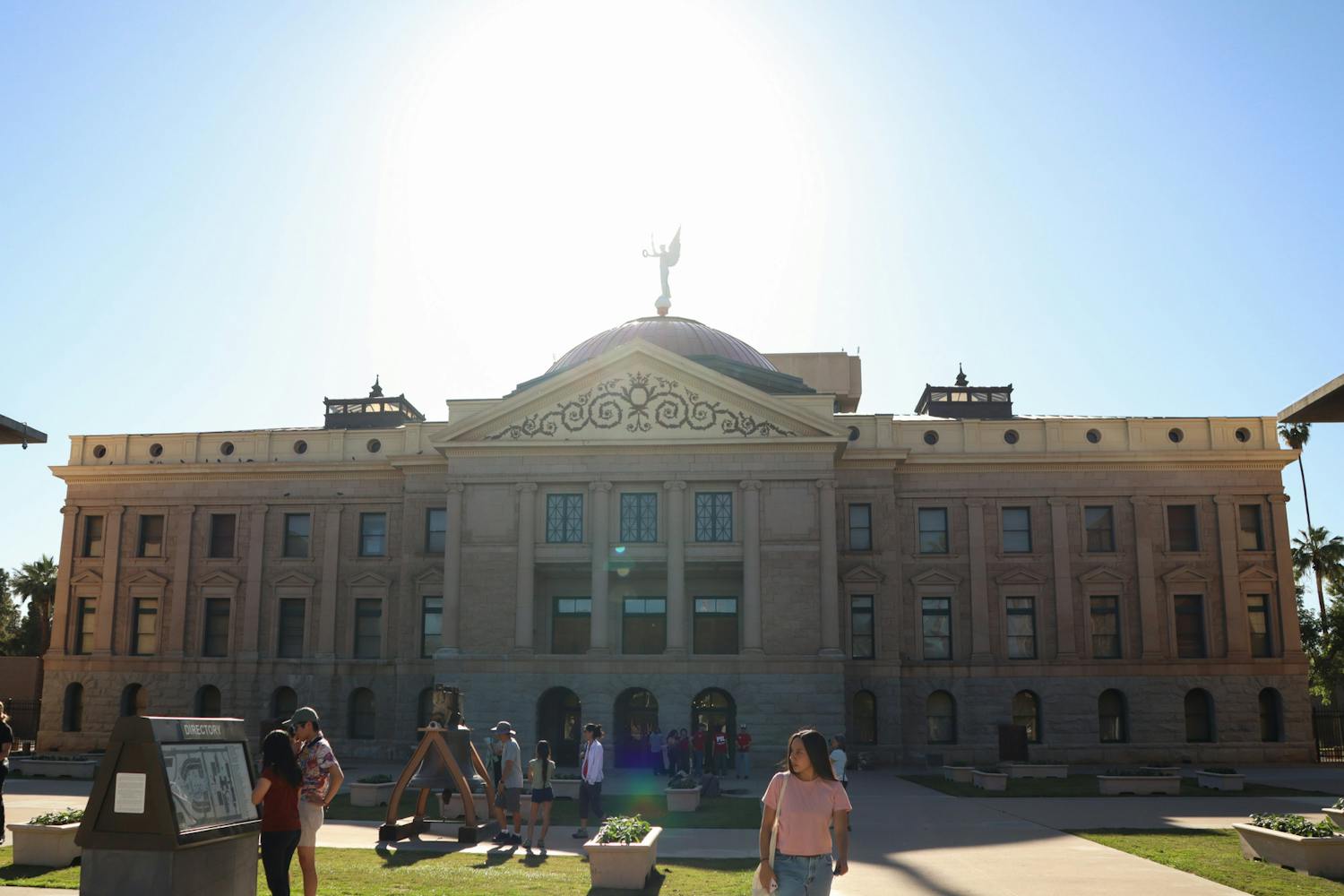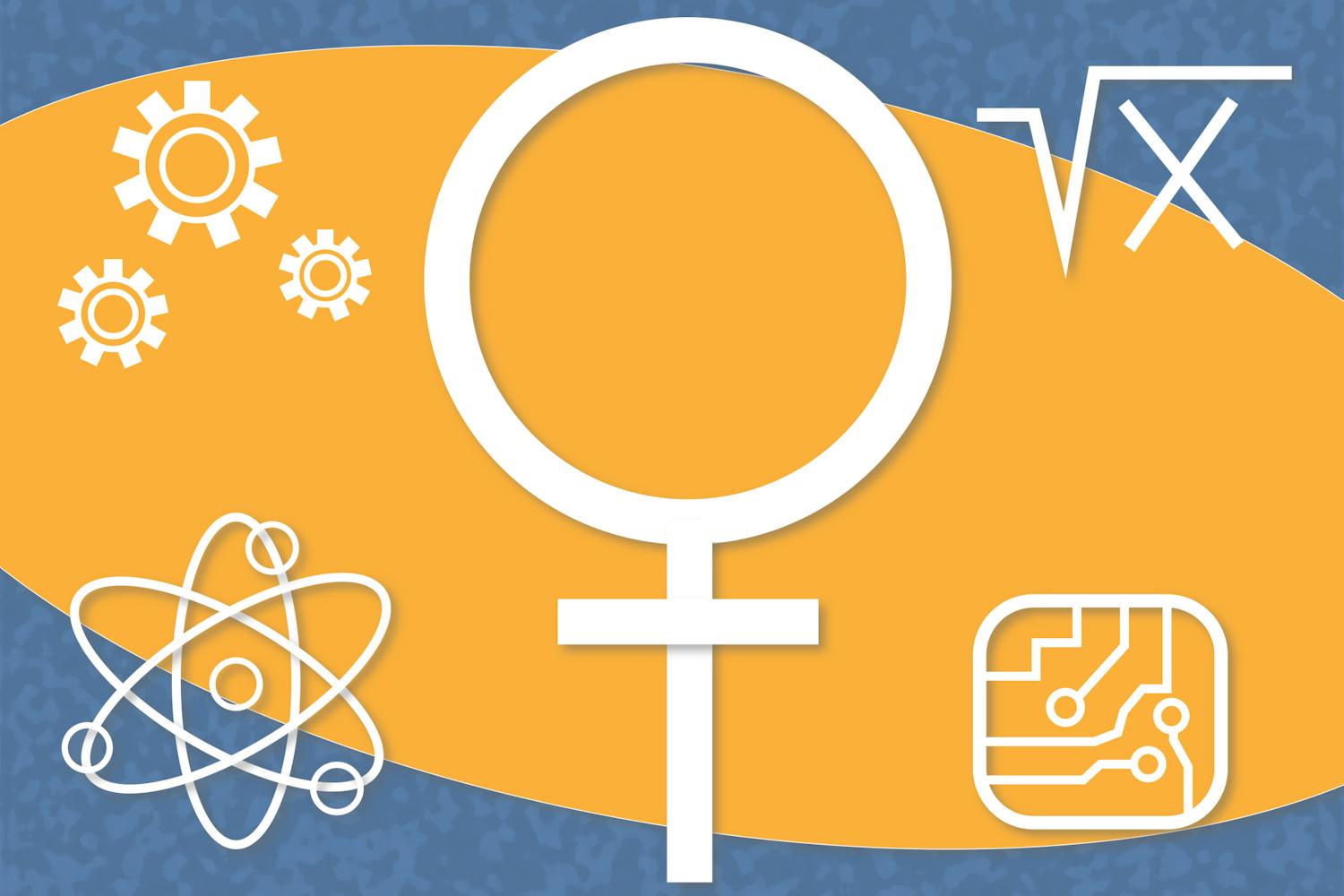If a proposed state senate bill ends up passing, students participating in free Massive Open Online Courses might be able to earn university credit. Open to the public, MOOCs are online classes offered by universities.
These courses are typically free and sometimes offered at reduced rates compared to tuition fees. Participants do not have to be enrolled at the university that offers them. Upon completion of a MOOC, students do not receive any credit, but they were able to gain the knowledge offered to someone participating in higher education.
MOOCs are offered by prestigious universities such as Princeton and Yale, and they are even developed by private companies. Coursera, one of these companies, develops online courses and partners with universities so that free or reduced-rate classes could be taken by anyone who wanted to learn what they had to offer.
Senate Bill 1386, proposed by Sen. Bob Worsley, R-Mesa, would award academic credit to students who successfully complete a MOOC. The bill stipulates that students must pass a competency test developed by the State Board of Education to receive the credit.
Worsley said MOOCs are here to stay as a legitimate source of education.
“This is just the future,” Worsley said. “I’m trying to make sure laws in our state are conducive to these changes.”
There is still skepticism about the quality of education that MOOCs might provide to students. Because MOOCs are open courses, there is no limit on the number of students who can be enrolled in a single class. SB 1386 states that the quality of the instructors that operate the online classes must meet or exceed the credentials required for classroom teachers.
“This isn’t just some Joe Schmo teaching a MOOC,” Worsley said.
Philosophy professor Cynthia Bolton said the effectiveness of an online class depends on the student participating in it.
"Some people are better at taking advantage of (resources)," Bolton said. "That's the same with a traditional class, too."
Bolton teaches an online course, "PHI 103: Principles of Sound Reasoning."
SB 1386 states that in order for a course to qualify as a MOOC and receive credit, there must be two-way communication between the student and the instructor, even though the two parties will stillnot meet face-to-face.
"Some students are very self-motivated, but sometimes, people need to see the professor solving problems in order to understand it themselves," Bolton said.
One concern still being discussed in the Legislature is whether it is fair to allocate the same academic credit to someone who has not paid tuition, as to someone who has.
There are not enough MOOCs available for someone to achieve any sort of degree, but as the popularity of online courses grows, there is no legislation in place to stop these MOOCs from being developed.
Universities and other educational institutions will have to decide how much credit they are willing to award someone who has not paid tuition.
Marketing sophomore Allison Grabowski said taking a class in person is more effective than taking an online course.
“A lot of people just take online classes to get credit but not to learn,” Grabowski said. “If you want to learn, you take classes in person.”
Online classes have limited engagement with the instructor, and there is no guarantee that the work a student is completing is actually their work. Many online classes allow students to browse the Internet while completing assignments or taking exams without monitoring the student’s activity.
“Being in class forces you to pay attention,” Grabowski said.
Reach the reporter at jwthrall@asu.edu or follow him @jthrall1



